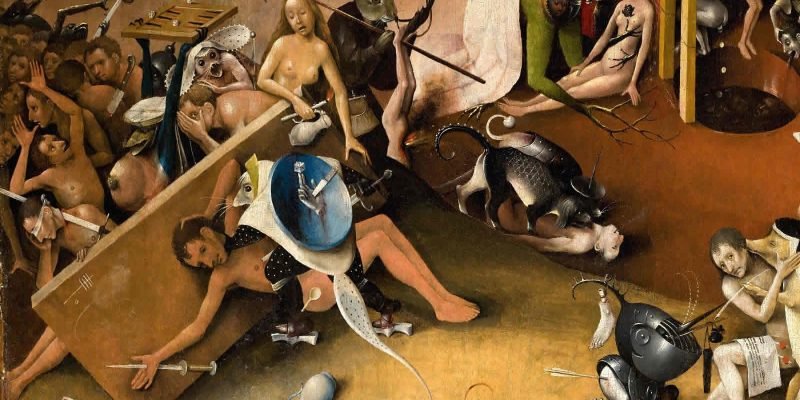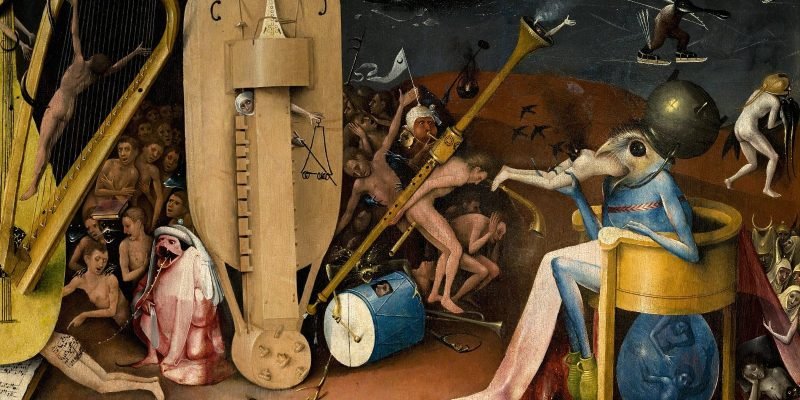Book of Revelation: 003c. Chapter 1 Part 1
(null)
- Revelation 1:1-8
- The revelatory unveiling of Jesus Christ.
- The purpose of this chapter:
- To show us the inspiring and encouraging story of the unveiling of Christ in all His glory since His death and resurrection.
- The early church fathers going back to Irenaeus in 170/200, took the first word [ancient Hebrew word of apocalypse], and used it as the title for the whole book.
- His slaves: Us.
- Throughout Revelation, Christ always called John and all His people as “slaves”.
- The title that Paul likes to use to refer to himself when he talked to other people: Jesus’ slave. – He would also call himself “apostle”.
- Romans 1:1
- In the English translation of the New Testament, they never translate the word “Doulos” as “slave”; they use the word “servant” instead.
- However, servant in Greek is a totally different word.
- This is because “slavery” has a long dark history in the world (racism).
- Slaves don’t own anything, their masters own everything about them – every moment of their lives, every action they do.
- The masters could kill his slave if he’s dissatisfied with them (it’s legal according to their law).
- Back then, no one would call themselves a slave of anyone, not even God.
- However, Paul called himself a slave of Jesus Christ – He cares for us, and died for us.
- This means that Jesus Christ owns everything Paul had, every thought, every action, every breath.
- If He tells Paul to go, Paul will go.
- If He tells Paul to die, Paul will die.
- Whenever a Christian is referred to in Revelation, John in particular, is always called a slave.
- If we’re not a slave to Jesus Christ, who are we a slave to? Sin? Pride? Money?
- When God does something visibly to show his people (e.g., fire on Mount Sinai) – it’s an oath.
- In the Old Testament, the Greek translators translated the Hebrew word “Oath” to a [Greek word for “oath”].
- John is the only one that used the same word [Greek word for “oath”] to refer to the miracles that Jesus did.
- God visualized these things quickly, sent His angels, and showed His slave, John.
- John was a witness to the Word of God, and the things He saw about Jesus.
- At that time, there were two (2) classical Greek words that were referred to the word “see”:
- [Greek word (1) for “see”]: To see something with your eyes, but as soon as it enters your mind, you forget it.
- [Greek word (2) for “see”]: To see something with your eyes, you put it in your mind, and you don’t forget it.
- Here, John used the word [Greek word (2) for “see”] – whatever he saw, it impressed his mind. He couldn’t forget it.
- The emphasis is on “The things he saw”.
- The Lord Christ made these things known to him by [Greek word for “oath”] (visually).
- John, who was the witness to the Word of God and to Christ on the things he saw.
- Verse 3
- Blessed is the one who reads (present participle) aloud, and anyone who hears (present participle) the words.
- This prophetic message of revelation came from God, through Jesus Christ, through His angels, to John, and then to you and me.
- The purpose of this message is to prepare us for the end times:
- Verse 1: These things are to come about quickly, for the time is near.
- (Another verse he didn’t specify): These things have been written, for the time is near.
- Remember: John received this message through vision.
- Verse 4.
- Translation:
- John to some churches in Asia, grace and peace from the One who is, the One who was, and the One who is coming, and from the 7 spirits before his throne,
- Verse 5
- Translation:
- and also from Jesus Christ. The witness, the faithful, the first born of the dead, and the prince of the kings of the earth.
- It’s the only writing in the whole Bible that has such a trinitarian imprimatur.
- Back then, they called the Western part of Turkey, Asia Minor.
- A known characteristic of John – he’ll misuse grammar to make a point.
- The point he’s trying to make:
- [A Greek phrase where John intentionally misused the wrong grammar to make a point] = God the Father.
- God the Father is the One who is, who was, and who’s coming.
- 7 spirits = Holy Spirit.
- Isaiah 11:1-3
- The Messiah is a branch that is to be filled by the seven-fold Spirit of God.
- Zachariah 4:1-11
- 7 lamps that he sees, and the 7 eyes of the Lord represent the Spirit of the Lord.
- The number 7 in the Old Testament always refers to God.
- It refers to God the Father, through the Messiah, through the seven-fold presence of the Holy Spirit to be with His people.
- Why seven-fold? It refers to being totally complete.
- That’s why He is always pictured as a seven-fold Spirit:
- 7 lamps (in the tabernacle).
- 7 eyes.
- The number 7 came from the 7 days of creation.
- The number 7 symbolizes God the creator, which consists of:
- The number 3 symbolizes the Trinity.
- The number 4 symbolizes all that God created (in the Old Testament).
- 3 + 4 = 7 (God, in all creation)
- 7 became His holy number, specifically to represent the seven-fold presence of the Holy Spirit, by which God is with His people.
- The seven-fold (whole) presence of the Holy Spirit is with each one of us, not just partially, but wholly.
- Why did John use the wrong grammar?
- He was pointing out that the One who’s coming is the first amongst equals.
- Who sent His son to this earth to become our Savior? God the Father.
- Who has always been the Lord Christ in exhumation? The Holy Spirit.
- Jesus promised to send us the Holy Spirit after His ascent.
- He always is, always was, and always coming.
- He’s been forever, and so has the Holy Spirit and Jesus.
- However, John kept his noun as anonymous, so just referring to the Heavenly Father, to show us that He’s the first among equals.
- In Matthew, Jesus was baptized by the Father, Son, and Holy Spirit.
- But here, John referred to the Father as the Holy Spirit and Jesus.
- Why is there a reverse (Holy Spirit to Son, and Son to Holy Spirit)?
- Because John is emphasizing the Gospel in a different way – the only way we can receive the Spirit, is through Jesus, our Savior. (vs. 1:4)
- The only way we can worship our Heavenly Father is through Jesus.
- It’s only through Jesus, we can receive the Holy Spirit, and honor the Heavenly Father.
[00:48]
[5:05]
[9:30]
[13:05]
[16:10]
[19:00]


Leave a Reply